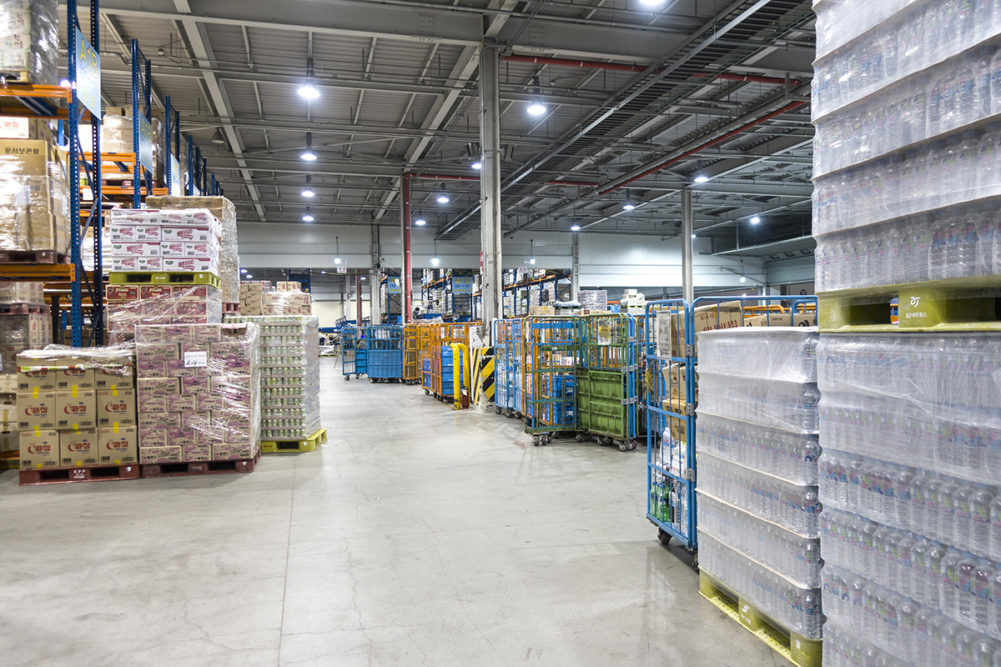Even in inflationary times, commissaries, supermarkets and other places where food is made or sold are increasingly turning to Artificial Intelligence and Machine Learning technologies to help them streamline operations, improve the customer experience, reduce waste and give their bottom lines a boost.
San Ramon, Calif.-based AI and ML specialist Impulse Logic delivers advanced predictive analytics to create the optimal product flow through a retailer’s store to optimize labor availability, ensure product availability, reduce waste, and increase profits, said Matt Frost, the company’s CEO.
“By optimizing the journey from warehouse to shop floor, stores can improve the way they manage their inventory to drive sales,” Frost said. “Our innovative AI and ML-based solution does this by reading in-store data every two seconds.”
That ensures that store associates can make decisions based on accurate insights and ultimately deliver outstanding customer service and satisfaction.
Impulse Logic’s unique technology is also easy to deploy, Frost said. Retailers aren’t required to make any changes to their legacy systems, helping to control initial investment costs. And, by simply accessing existing data streams, Impulse Logic is able to help retailers intelligently reallocate labor resources to increase revenue and operating profit.
As well as helping retailers sell more, Impulse Logic aims to help retailers reduce waste, particularly on fresh food items. By achieving precision inventory management, the company has helped retailers eliminate more than 50% of waste losses. For example, forecasting and stock optimization are two of the key benefits afforded by the company’s technology. Impulse Logic uses smart algorithms to determine the products customers want, at different periods of the day, week and year, allowing for more accurate forecasting and planning.
“The data can also be used to increase efficiencies by ensuring no excess merchandise is ordered – or wasted,” Frost said. “We also provide a completely accurate picture of a retailer’s inventory and where it is held – whether on the shop floor, or in the stock room.”
Accurate inventory handling can also help reduce the need for costly markdowns on fresh grocery products, he added.
In situations where markdowns are unavoidable, Impulse Logic’s ML technology is able to help stores calculate the optimal price, protecting the item’s margin as it nears expiration. Instead of simply reducing products by percentage increments, the company is helping retailers determine the best price based on several key factors and existing retail data points.
“When grocery retailers take the action to use ML to improve inventory handling, particularly in fresh food departments, the benefits are two-fold,” Frost said. “Availability is improved, meaning customers find what they want and when they need it, and waste is reduced. This in further protects margins and profits.”
The uptake is enabling retailers to create highly accurate forecasts previously unseen in the sector. While the retail industry may never entirely remove waste – with an element of spoilage expected in fresh and perishable sectors – it can dramatically reduce it.
As the technology improves and retailers embrace an intelligent future, powered by AI and ML, further advancements can be made. From saving time and increasing the focus on customer service to embracing accurate sales forecasts, Frost said, there is a multitude of benefits readily available helping to build a retail revolution where high levels of waste are a thing of the past.
“Despite the impact of inflation and the cost of living, retailers are more open than ever to look at smart ways of working and technologies that improve the customer experience, drive sales and introduce operational cost savings,” Frost said. “We believe that retailers investing in technologies like AI and ML are also investing in their value proposition and differentiating themselves from their competitors.”
Looking to the future, the growing recognition of the benefits of ML – from optimizing labor, ensuring product availability, and reducing waste - means the technology offers the sector an increasingly attractive proposition, Frost added.
And, as retailers embrace an intelligent future, powered by AI and ML, further advances will follow.
“From embracing accurate sales forecasts to increasing the focus on customer service the technology is here to help to extend the digital retail revolution.”

